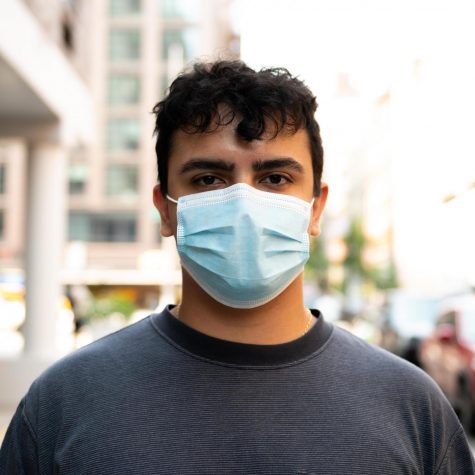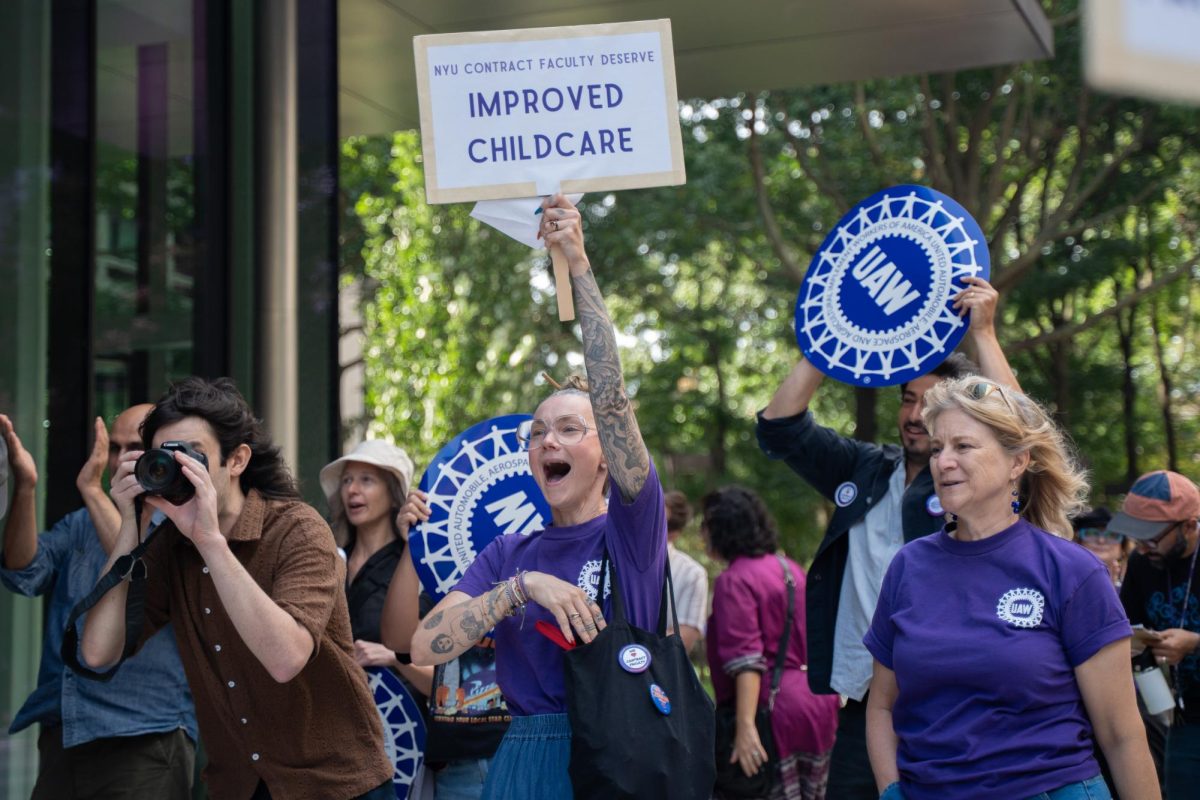The Soapbox: Russia, Philippines, Tunisia
The Soapbox is a weekly column by WSN’s news desk, examining the major developments in world news and rounding up the stories we think are worth the read this week. Global consciousness for a global university.
The Soapbox is a weekly news column rounding up stories worth reading for a global university. (Staff Illustration by Susan Behrends Valenzuela)
September 20, 2021
In Russia, an illusion of democracy, courtesy of Vladimir Putin
Russia’s parliamentary elections closed yesterday afternoon, Sept. 19, ending a three-day process that is set to consolidate the authoritarian rule of President Vladimir Putin.
United Russia — the pro-Putin political party that has dominated Russian politics since 2003 — is expected to keep the majority of seats in parliament. At press time, 9% of votes nationwide have been counted. United Russia leads with nearly 39% of the vote, according to The Moscow Times.
Experts say that democracy in Russia is hobbled by police, judges, news broadcasters and legislators who support the Kremlin-backed ruling party. Less than half of Russia’s population is actually participating in the elections, an official from Russia’s Central Election Commission told The Moscow Times.
Dozens of instances of electoral fraud have already been documented, according to the independent election watchdog Golos. Videos circulating on social media over the weekend showed individuals both openly and covertly stuffing ballot boxes. In one of the more bizarre occurrences of the weekend, a raccoon was let loose by its owner for several minutes inside a Moscow polling location on Friday.
В Кемерово наблюдатели от «Яблока» вновь зафиксировали вбросы на УИК 237: женщина пытается загородить от камеры руку, которая появлятся из российского флага и кидает в урну стопку бюллетеней pic.twitter.com/AARrhAMOa0
— Новая Газета (@novaya_gazeta) September 18, 2021
In the Hague, judges put the Philippines on notice for mass murder
The International Criminal Court announced on Sept. 15 that it will allow an investigation into the Philippine government’s so-called war on drugs. Launched by President Rodrigo Duterte in 2016, the offensive has disproportionately killed thousands of poor Filipinos living in urban areas. Prosecutors will investigate whether the killings were “widespread and systematic” enough to constitute a crime against humanity.
“Between at least 1 July 2016 and 16 March 2019, members of Philippine security forces and other, often associated, perpetrators deliberately killed thousands of civilians suspected to be involved in drug activities,” the ICC judges wrote in their ruling. “Although the precise number is difficult to ascertain, estimates of the total number of persons killed in connection with the [war on drugs] during this period range from 12,000 to 30,000.”
A spokesperson for Duterte told reporters on Sept. 16 that the president will “die first” before he faces an international court.
In Tunisia, “the people want the collapse of the coup”
Ten years after the Arab Spring erupted on the streets of Tunisia, civilians are still clamoring for democracy. According to Al Jazeera, several hundred anti-government protesters filled the streets of Tunis on Sept. 18, chanting “shut down the coup” and “we want a return to legitimacy.” A few dozen counterprotesters expressed support for the government of President Kais Saied.
The demonstration was a response to Saied’s continued consolidation of power in one of the world’s youngest democracies. In late July, Saied dissolved parliament, assumed executive authority and fired top elected officials as armed forces surrounded the parliament building in Tunis. Saied has extended these emergency measures indefinitely. Two months after the power grab, Tunisians are still in the streets expressing their discontent. Saturday’s protest was “tightly marshalled by security forces on the ground and an interior ministry surveillance drone overhead,” the Agence France-Presse reported.
A version of this piece appeared in the Monday, Sept. 20, 2021, e-print edition. Contact Suhail Gharaibeh at [email protected].






























































































































































